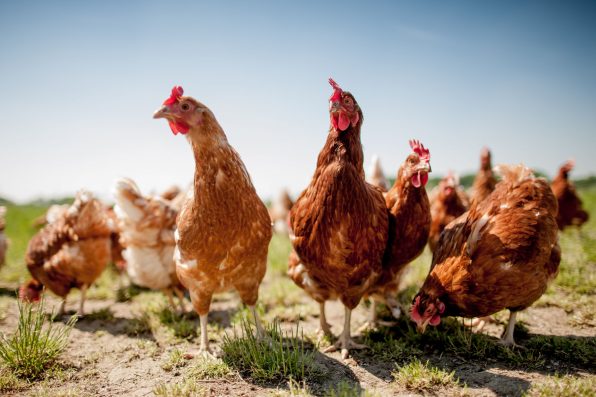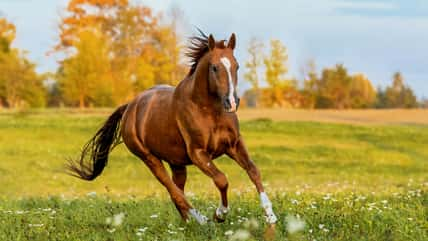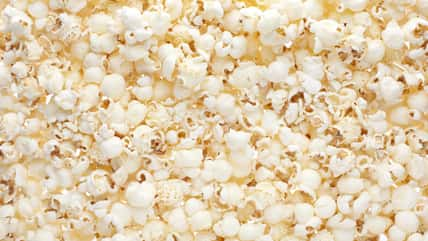The World Health Organization (WHO) Says The Spread Of The Bird Flu To Humans, Which Has An “Extraordinarily High” Mortality Rate, Is Of “Enormous Concern”

It’s no secret that human beings have been through a lot over the last few years regarding health crises. From COVID-19 to an extremely intense flu season this year, it’s been hard to keep up with everything.
Now, the World Health Organization (WHO) wants us to be aware of one more potential health crisis they are concerned about: the spread of the bird flu.
In 2020, there was a reported outbreak of H5N1, otherwise known as the avian influenza or bird flu. If you didn’t know, bird flu is a strain of the influenza virus that primarily infects bird species. It’s usually spread from sick bird to sick bird.
However, the bird flu can also infect other mammals and even humans.
The outbreak, starting in 2020, greatly affected bird populations, and according to the USDA’s Animal and Plant Health Inspection Service, around 90 million birds had to be killed in an attempt to stop the virus from spreading.
Unfortunately, it did make its way over to other animals, and in the United States, cattle on farms were getting infected. For instance, domesticated cows and goats were turning up infected with the bird flu.
The bird flu has been spreading through several mammal types across the United States, including animals you wouldn’t find on farms. USDA data shows that mammals like mountain lions, brown bears, red foxes, and harbor seals have been infected.
Infection with the bird flu can result in extreme illness for any mammal and can be fatal. This is why there was a lot of panic when a person in Texas became the first person in the U.S. to be infected with the bird flu after coming into contact with infected dairy cattle.
While the person was treated and had mild symptoms, the news was shocking nonetheless, which led health experts to state that the spread of the bird flu is concerning.

teamfoto – stock.adobe.com – illustrative purposes only, not the actual chickens
Now, does this mean you have to lie in bed awake at night in fear of the bird flu? No. Scientists and researchers in the United States are working diligently to be prepared if the bird flu becomes an epidemic for humans.
However, staying informed on the topic is a good idea, as this spread may continue to affect the birds and mammals we rely on for survival.
Therefore, we need to support and pay attention to those working to stop the wider spread of the bird flu from happening.
Did you know much about the bird flu before this year?
Sign up for Chip Chick’s newsletter and get stories like this delivered to your inbox.
More About:News





